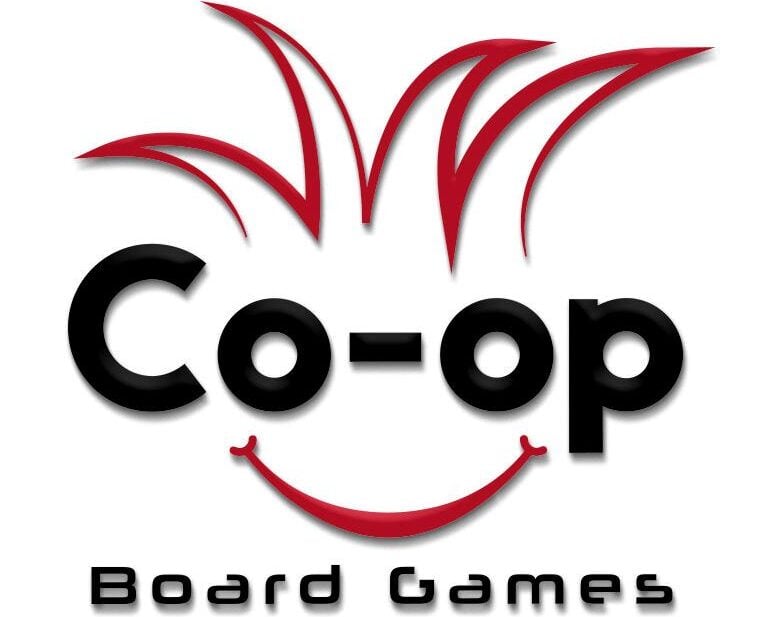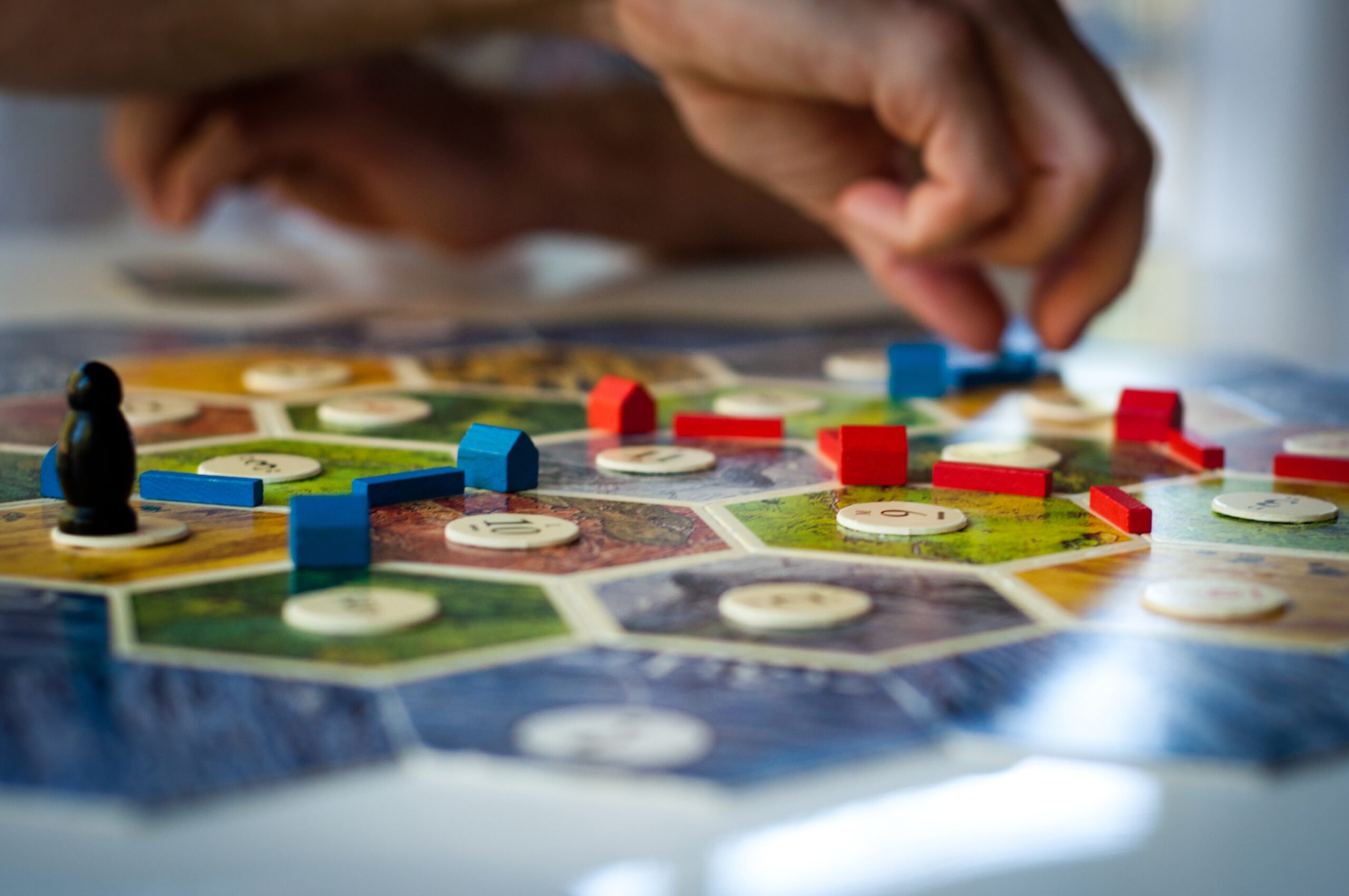Chance vs. Strategy: What Board Games Can Teach Us About Risk
Picture a group of friends huddled around a table on a Friday night. Dice roll across the board, someone groans after pulling a bad card, and another leans back, proud of a perfectly timed move.
What feels like a simple game night is actually a small-scale lesson in risk — how chance, strategy, and decision-making collide to create outcomes that feel both unpredictable and earned.
Board games are more than nostalgia or a way to pass the time. They offer a model for how we deal with uncertainty, plan ahead, and recover when things don’t go our way. And this model we can apply in real life and in more high-stakes games.
Why board games work as a risk lab?
Risk in life is never straightforward. You can prepare, but luck always plays a part. Board games distill that reality into something manageable: rules are clear, stakes are limited, and feedback is immediate. Within a couple of hours, you can see how your choices against random factors shape results.
This makes games a safe environment for practicing decision-making under pressure. You don’t control the roll of the dice or the order of shuffled cards, but you can control how you respond — whether by adjusting your plan, cutting losses, or doubling down. That’s not far from how risk works outside the game room.
And with board games, you can master two types of situations – the ones that require strategy, and the ones that require quick reaction.
Games of chance: Managing the unpredictable
Some board games lean heavily on luck. While they can feel chaotic, they teach important lessons about working with uncertainty.
- Take Monopoly. Dice dictate where you land, but your later decisions — buying properties, trading, building — determine if you turn that luck into long-term advantage.
- In Yahtzee, you can’t control the dice, but probability helps you decide whether to keep rolling or lock in a score. The lesson: maximize odds within limited chances.
- Or consider Candy Land, which is pure luck. You can’t plan moves, but it’s a reminder that some outcomes are beyond control. The only rational move is to accept the result and move forward.
These games teach risk management at its simplest: expect uncertainty, don’t overreact, and play the hand (or roll) you’re given as effectively as possible.
Games of strategy: Thinking ahead
Other games strip away luck and reward foresight.
- Chess is the prime example. Every move has consequences, and victory depends on anticipating an opponent’s next steps. It’s a test of patience and planning rather than chance.
- Then there’s Game of Thrones: The Board Game, which blends negotiation, alliances, and resource control with just enough uncertainty to keep things tense. Players who succeed rarely do it alone — they strike deals, form temporary alliances, and decide when to break them. The ability to manage relationships while pursuing long-term objectives often matters more than raw luck or brute force.
- Risk, fittingly named, combines randomness in battles with the bigger picture of global conquest. The dice may swing one fight, but long-term strategy decides the war.
Strategy-heavy games emphasize preparation, negotiation, and adaptability. They remind us that success often comes from planning two or three steps ahead, even when luck plays a small part.
Blended games: Where real lessons lie
Most of life doesn’t fall into “all luck” or “all planning,” and the most compelling games sit in the middle.
- Poker is a classic. The cards you’re dealt are random, but how you bet, bluff, or fold creates the real game. It’s about reading people as much as reading odds.
- Backgammon uses dice to set movement, but rewards those who manage probabilities and structure their pieces smartly.
- Modern eurogames like Ticket to Ride add a touch of randomness but reward players who plan routes efficiently and adapt as the board changes.
These hybrids show the real-world sweet spot: outcomes shaped by both randomness and calculated decisions. You don’t control the cards, but you control the strategy.
How to apply these lessons outside the table?
Board games are a training ground for risk. Here are a few ways their lessons translate to everyday life:
- Accept randomness you can’t control. Just like a bad dice roll, some setbacks are inevitable. So, if you play BTC roulette, worrying changes nothing. What matters is strict limits and knowing when to stop.
- Focus on consistent, high-value choices. Even in chance-heavy games, small good decisions compound over time.
- Diversify to manage risk. In Catan, spreading settlements across resource types is the same principle as diversifying investments.
- Time your moves. In poker or business, the right action at the wrong time can fail. Patience matters.
- Learn from losses. Every game provides feedback. Treat failures as data, not disasters.
By combining these habits, you build resilience. Just as strong players adapt mid-game, strong decision-makers adjust strategies in response to shifting conditions.
Conclusion
Board games may look like leisure, but they quietly sharpen how we deal with uncertainty. They remind us that while we can’t control the dice, we can control what comes after.
Sometimes luck favors you, sometimes it doesn’t, but steady decision-making and adaptability give you the best odds over time.
In business, investing, or personal choices, the same principle applies: chance sets the stage, but strategy writes the outcome. So next time you’re rolling dice or shuffling cards, remember — you’re not just playing a game. You’re practicing how to take risks in life.

